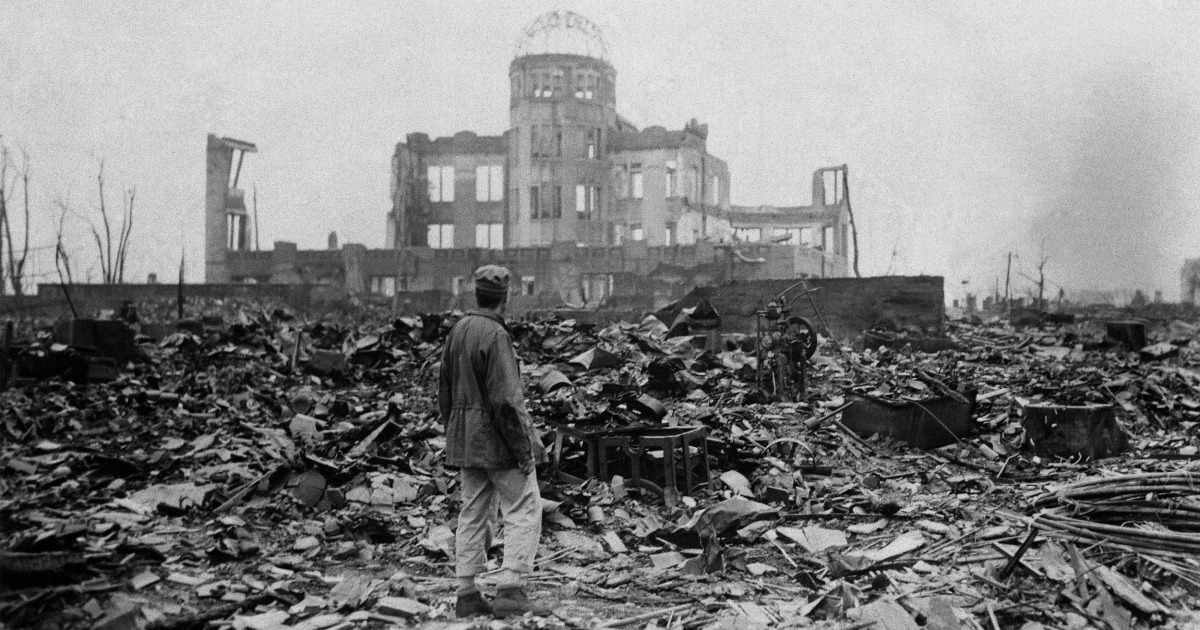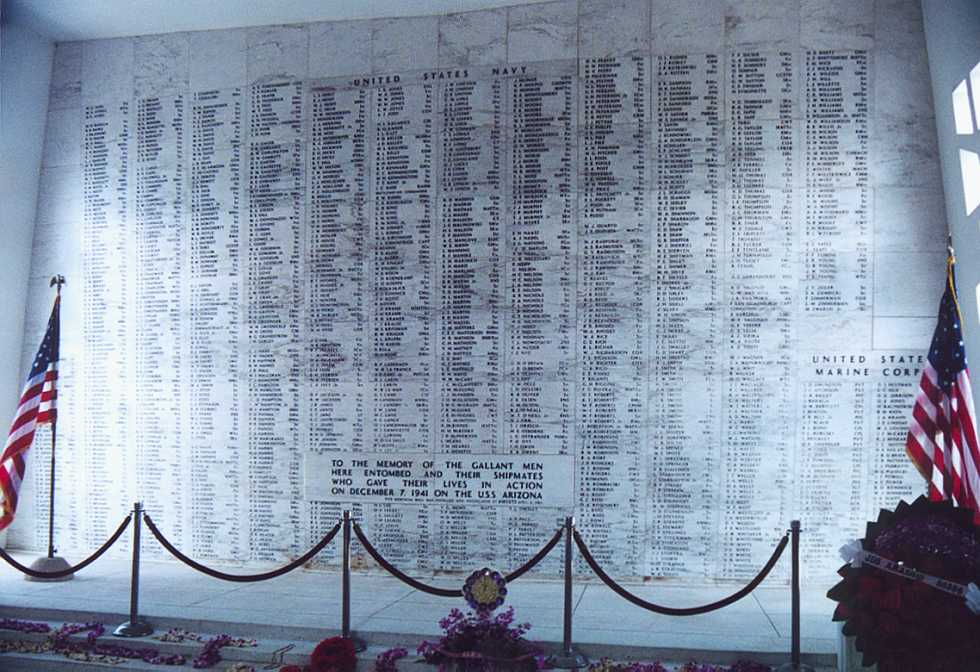WARNING This post contains graphic images that may be disturbing to viewers. Viewer discretion is advised
Sixteen hours after the bombing, the White House released a statement by President Harry S. Truman, who was en route from the Potsdam Conference aboard the U.S.S. Augusta. "It is an atomic bomb," Truman announced, "harnessing . . . the basic power of the universe. The force from which the sun draws its power has been loosed against those who brought war to the Far East."
The immediate public response to news of the Manhattan Project and the atomic bombings of Japan, as filtered through the project's public relations efforts, was overwhelmingly favorable. When asked simply "do you approve of the use of the atomic bomb?", 85 percent of Americans in one August 1945 poll replied "yes." Few doubted that the atomic bomb had
ended the war and saved American lives, and after almost four years of war, few retained much sympathy for Japan. The writer Paul Fussell, who as a 21-year-old second lieutenant was slated to be part of the invasion force going into Japan, perhaps has put it most succinctly:
When the bombs dropped and news began to circulate that [the invasion] would not, after all, take place, that we would not be obliged to run up the beaches near Tokyo assault-firing while being mortared and shelled, for all the fake manliness of our facades we cried with relief and joy. We were going to live. We were going to grow up to adulthood after all.
A certain sense of remorse also slowly began to build among the public, especially as details became known of the destruction at Hiroshima and Nagasaki. An important early step in this process was when the entire August 21, 1946, issue of
The New Yorker magazine was devoted to stories of the devastation of Hiroshima. (These articles were later reprinted as a book: John Hersey's
Hiroshima.)
View attachment 372029
View attachment 372031
View attachment 372032
View attachment 372033
View attachment 372034
View attachment 372035
View attachment 372036
View attachment 372039

 english.kyodonews.net
english.kyodonews.net







